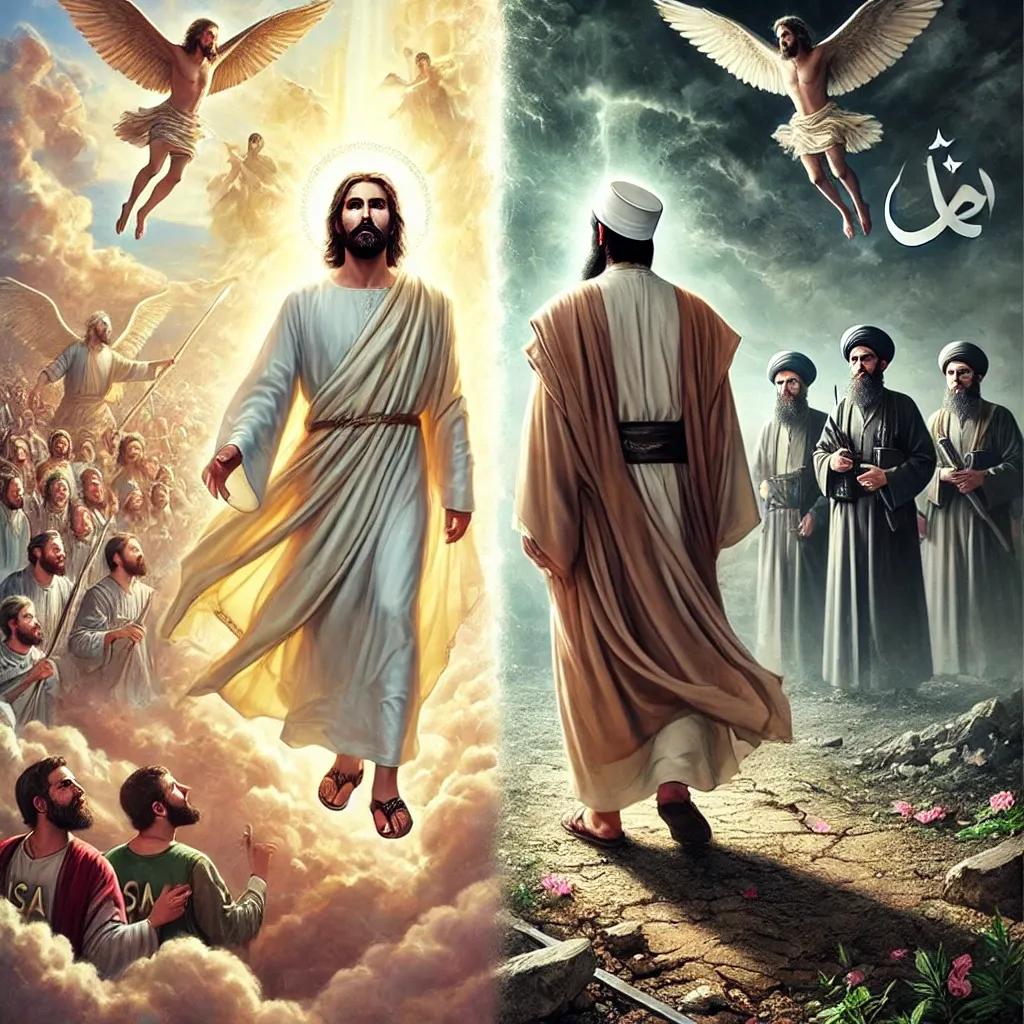

By Dr. Tim Orr
Below is an excerpt from my book Gospel-Centered Christianity and Other Religions: Unpacking the Depths of the Gospel—Its Foundations, Power, and Uniqueness pp. 210-212
The role of Jesus in Islamic eschatology is both fascinating and deeply significant. Within the Islamic tradition, Jesus is portrayed as returning in the end times to defeat the Antichrist (Dajjal), establish justice, and unify humanity under the worship of Allah (Esposito, 2011). This eschatological role elevates Jesus to a position of cosmic importance that no other prophet, including Muhammad, is assigned. Yet, this unique function raises a compelling theological question: Why does Islam, which asserts Muhammad as the final and greatest prophet, place such unparalleled emphasis on Jesus’ role in the culmination of history? Exploring this question reveals intriguing tensions within Islamic theology while highlighting the stark contrast with the coherent portrayal of Jesus in Christian eschatology.
In Islamic tradition, Jesus is assigned roles beyond those of a typical prophet. He is depicted as directly defeating the Antichrist, ending false religions, and establishing a global reign of justice under Islamic law (Saeed, 2006). Unlike Muhammad, who is notably absent from eschatological narratives, Jesus is the key figure in ushering in divine justice. This suggests a level of authority and importance unparalleled among other prophets in Islam. While the Qur’an emphasizes Muhammad’s role as the Seal of the Prophets (Qur’an 33:40), Jesus’ cosmic mission in the end times seems to place Him in a unique category that implicitly elevates His status.
This theological tension within Islam raises thought-provoking questions. Why is Muhammad, the final prophet, not involved in the eschatological climax of history? Why is Jesus, described as a mere human prophet in Islam, tasked with functions that transcend the traditional prophetic role of delivering revelation? Some Islamic scholars suggest that Jesus’ return is intended to emphasize Allah’s ultimate power and to serve as a corrective to Christian beliefs about His divinity (Esposito, 2011). However, these explanations do not fully resolve the implicit contradiction between Muhammad’s supremacy and Jesus’ elevated eschatological role.
In contrast, Christian eschatology presents a cohesive and unified understanding of Jesus’ identity and mission. According to the New Testament, Jesus’ return is not merely about defeating evil but establishing His eternal reign as King of Kings and Lord of Lords (Revelation 19:11-16). His eschatological role is intrinsically connected to His divine nature, fulfilling the redemptive work He began through His death and resurrection (Kostenberger, 2004). Unlike the Islamic portrayal, Jesus’ return in Christian theology is not framed as the affirmation of a theological system but as the culmination of God’s redemptive plan for creation. This coherence underscores the centrality of Jesus’ divinity and His unparalleled authority in Christian belief.
The differences between Islamic and Christian portrayals of Jesus invite deeper reflection on His identity. For Christians, the eschatological depiction of Jesus aligns seamlessly with His role as both Redeemer and Ruler. His return fulfills the promises of His first coming, completing God’s plan for humanity. For Muslims, the elevated role of Jesus in eschatology challenges the sufficiency of understanding Him as merely a human prophet. His unique role in defeating the Antichrist and restoring divine justice raises questions about His true identity and significance.
These contrasting views of Jesus not only reveal theological tensions within Islam but also provide a meaningful opportunity for dialogue between Christians and Muslims. For Christians, engaging with these differences can reinforce the coherence and depth of their faith while opening doors to share the gospel. For Muslims, the unique prominence of Jesus in Islamic eschatology may serve as an invitation to explore His identity more deeply. Ultimately, these eschatological portrayals of Jesus encourage believers of both faiths to consider His true significance in the story of humanity and the culmination of history.
Tim Orr is a scholar of Islam, Evangelical minister, conference speaker, and interfaith consultant with over 30 years of experience in cross-cultural ministry. He holds six degrees, including a master’s in Islamic studies from the Islamic College in London. Tim taught Religious Studies for 15 years at Indiana University Columbus and is now a Congregations and Polarization Project research associate at the Center for the Study of Religion and American Culture at Indiana University Indianapolis. He has spoken at universities, including Oxford University, Imperial College London, the University of Tehran, Islamic College London, and mosques throughout the U.K. His research focuses on American Evangelicalism, Islamic antisemitism, and Islamic feminism, and he has published widely, including articles in Islamic peer-reviewed journals and three books.
